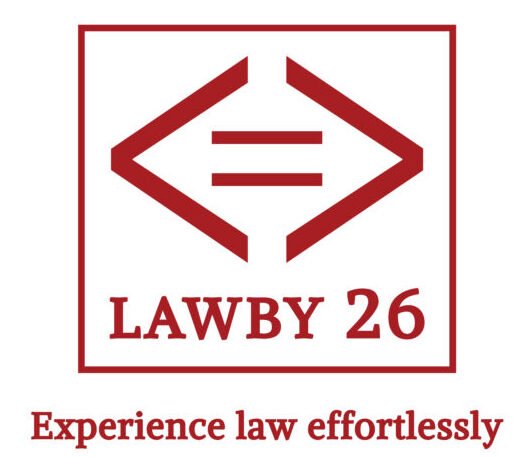The Street Vendors (Protection of Livelihood and Regulation of Street Vending) Act was passed in 2014 to protect the rights of urban street vendors and to regulate street vending activities and matters connected therewith. Street Vendors have been constantly labelled as a nuisance and are forced to evict from the vicinity. The definition of ‘street vendor’ is provided for under Section 2(1)(l) of the Act, wherein it is defined as: “a person engaged in vending of articles, goods, wares, food items or merchandise of everyday use or offering services to the general public, in a street, lane, sidewalk, footpath, pavement, public park or any other public place or private area, from a temporary built-up structure or by moving from place to place and includes hawker, peddler, squatter and all other synonymous terms which may be local or region-specific; and the words “street vending” with their grammatical variations and cognate expressions, shall be construed accordingly.”
A street vendor, for the purposes of the Act, is further classified into two types, namely:
- Stationary vendors are those who carry out the business in a specified location. [Section 2(1)(k)]
- Mobile vendors are those who carry on their business by moving from place to place by bicycles, vehicles, trucks, etc. [Section 2(1)(d)]
Street vendors lack several basic human amenities needed in their day-to-day business, like proper structure for their business and infrastructural difficulties, those which affect their mental, health and financial status. Since they are vulnerable and need safeguards to uplift their position in society, they will benefit from being empowered with the requisite rights to carry out their business while balancing it with duties. The Street Vendors (Protection of Livelihood and Regulation of Street Vending) Act, 2014 contains a separate Chapter enumerating the rights and duties of street vendors, which provides for:
- Right to conduct business: Street vendors have the right to carry on their business at any place except the no-vending zone. No place can be termed a ‘no-vending zone’ just because it is overcrowded. (Section 12)
- Right to protection against harassment of police: No Police officer or authority can prevent a street vendor from carrying on his business, provided he executes his business as per the terms & conditions of the Certificate of Vending. (Section 27)
- Right to new site on relocation: After consultation with the Town Vending Committee, the Local authority shall allot a new area/ site for the relocated street vendors to continue their business. A certificate of Vending is mandatory to avail of this benefit. (Section 13)
- Duty to maintain cleanliness: The Street Vendor is entitled to the responsibility to keep his place of business clean and hygienic. (Section 15)
- Duty to maintain public property: Every Street vendor has the duty to maintain public property in their vending zone in good condition. (Section 16)
- Duty to maintenance fee: The Street Vendor should pay a maintenance fee for the amenities used in the vending zone. The local authority will prescribe the Maintenance fee. (Section 17)
The Supreme Court, in Bombay Hawkers’ Union v. Bombay Municipal Corporation [1], recognized and upheld the rights of street hawkers and observed that unreasonable restrictions and conditions cannot be imposed upon them.
[1] AIR 1985 SC 1206



